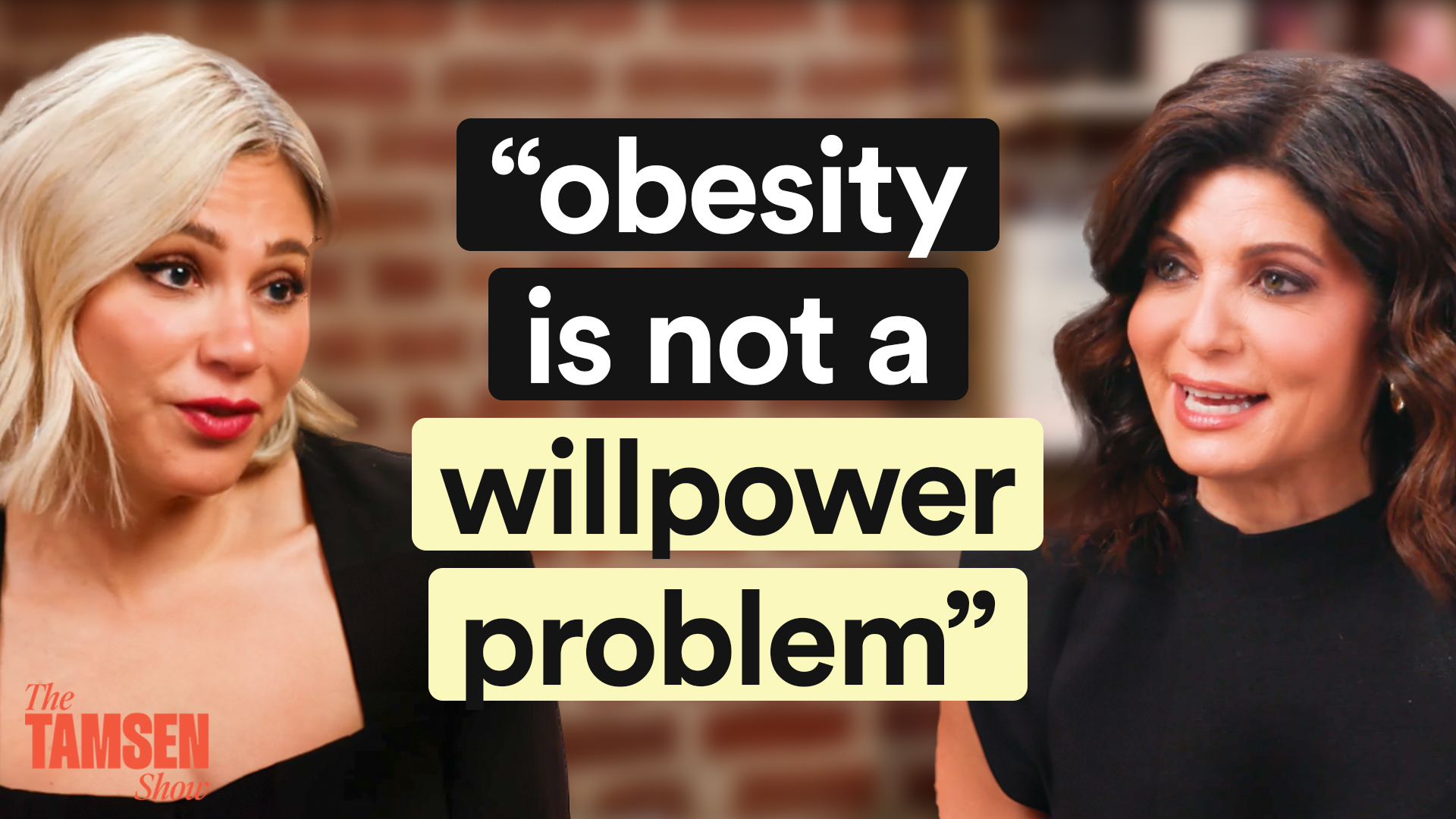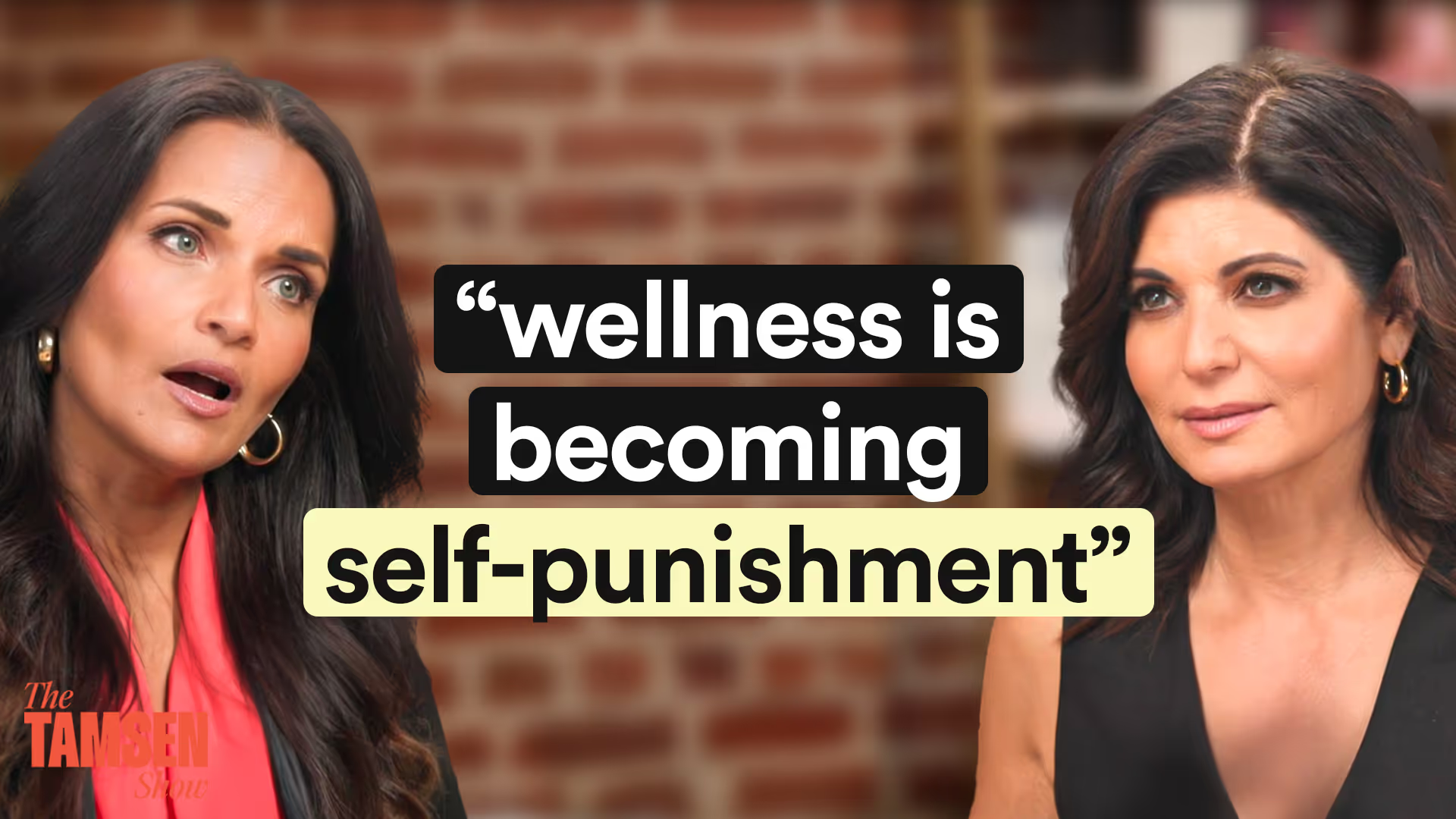I had never faced issues with high cholesterol until I reached menopause, it initially caught me by surprise. After educating myself and making necessary adjustments to my lifestyle, I have a clearer vision of how menopause influences cholesterol levels. During menopause, significant hormonal changes occur; estrogen levels, which help regulate cholesterol by promoting "good" cholesterol (HDL) and reducing "bad" cholesterol (LDL), begin to decline. This reduction disrupts the delicate balance of cholesterol in the body, leading to increased LDL and total cholesterol levels while decreasing HDL levels. These alterations not only shift cholesterol balance but also increase the risk of developing serious cardiovascular conditions, such as heart disease and stroke, making it crucial to monitor and manage these changes carefully.
Understanding cholesterol changes during menopause
As estrogen levels drop during menopause, the protective effects it had on your heart can diminish. Estrogen helps maintain a healthy balance by promoting higher levels of HDL cholesterol and keeping LDL cholesterol levels lower. With menopause, this balance is disrupted, potentially increasing the risk of cardiovascular diseases, including heart attacks and strokes.
Managing Cholesterol Changes in Menopause
Regular monitoring
It's crucial to get your cholesterol levels checked regularly through a lipid profile blood test. This test measures HDL, LDL, total cholesterol, and triglycerides. Tracking these levels over time helps monitor trends and the effectiveness of any interventions. Consult your doctor!
Healthy diet
Alterations to diet can also help keep your cholesterol in check. And it doesn’t have to be a complete overhaul of your diet; even incorporating a few more types of foods or ingredients can make a big difference.
- Heart-Healthy Foods: Incorporate fruits, vegetables, whole grains, lean proteins, and healthy fats into your diet. Foods like avocados, nuts, and olive oil are excellent for heart health.
- Reduce Saturated Fats: Limit intake of saturated fats found in red meat and full-fat dairy products. Choose lean cuts of meat and opt for low-fat dairy products instead.
- Increase Fiber: Foods high in fiber, such as oats, beans, lentils, and flaxseeds, can help lower LDL cholesterol.
Regular exercise
Aim for at least 150 minutes of moderate aerobic exercise per week, such as walking, swimming, or cycling, which can help manage cholesterol levels. Additionally, include strength training at least twice a week to boost your overall metabolic health.
Medications
If lifestyle changes don’t bring your cholesterol to desired levels, your doctor might suggest medications like statins. These can help manage cholesterol levels effectively and reduce cardiovascular risk.
Stress management
Engage in relaxation techniques such as yoga, meditation, or deep breathing exercises. Stress can negatively impact heart health, and managing it effectively is key to maintaining good cholesterol levels.
Lifestyle changes
Making lifestyle adjustments is essential for managing cholesterol levels effectively. Quitting smoking is crucial as it can lower HDL (good) cholesterol.. Similarly, it is important to moderate your alcohol consumption; excessive drinking can adversely impact your cholesterol levels and overall cardiovascular health. By addressing these habits, you can take proactive steps towards maintaining a healthier cholesterol profile and mitigating your symptoms.
Adequate sleep
Ensuring you get enough restful sleep is important, as poor sleep can affect cholesterol levels and overall health. As we’ve talked about before, sleep is SO important to your health; it’s the time your body rejuvinates and heals. Quality sleep is one of the best things you can do for your body.
Weight management
Effective weight management is vital for overall health and can significantly impact your cholesterol levels and cardiovascular risk. It's important to maintain a healthy weight. Regular tracking helps ensure that you are staying on track with your health goals. Additionally, adopting a balanced diet and engaging in regular physical activity can aid in achieving and sustaining an ideal weight. Always have this data handy during doctors appointments! It can help your doctor tailor your treatments.
Supplementation
Consider omega-3 supplements to lower triglycerides and support heart health. You might also explore foods fortified with plant sterols to help reduce LDL cholesterol. Always consult with your healthcare provider before starting any new supplement.
Consult a specialist
If you have significant risk factors for heart disease or severe cholesterol issues, consulting a cardiologist might be beneficial. A registered dietitian can help develop a personalized eating plan that supports healthy cholesterol levels.
Navigating cholesterol changes during menopause requires proactive management to minimize the risk of heart disease. By adopting a heart-healthy lifestyle that includes a balanced diet and regular physical activity, effectively managing stress, and considering medication when necessary, you can navigate these changes more effectively. Additionally, regular consultations with healthcare providers are crucial. These discussions help tailor a treatment plan that specifically addresses your health needs, ensuring comprehensive care for your heart during and after menopause. Engaging in ongoing dialogue with your doctor is essential to continuously adapt your health strategy as your body changes, providing the best support for your cardiovascular health in the long term.
Additional Resources:
Secrets To Thrive In Menopause: Download this free guide to learn my top secrets to thrive in menopause.
Menopause Symptom Tracker: Track your symptoms and get connected to physicians and organizations that can help you!
The information contained on this website is intended for informational and educational purposes only. It is not intended to be a substitute for the advice of an appropriately qualified and licensed physician or other healthcare provider.






.jpg)
.jpg)







